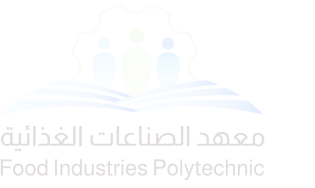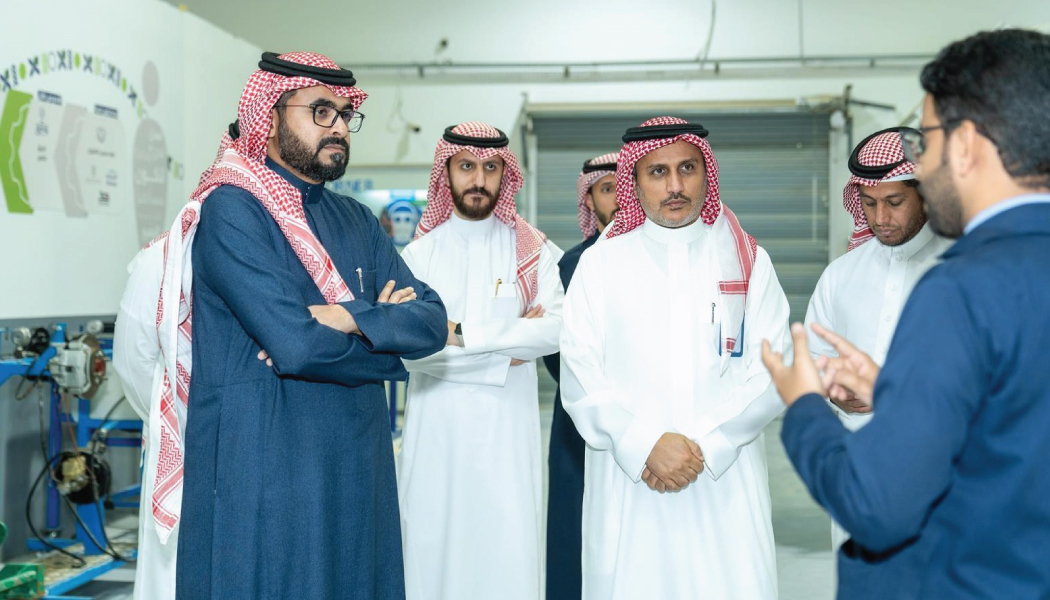The Deputy Minister of Industry and Mineral Resources (MIM) for Human Capacity Development, Engr. Faris bin Saleh Al-Suqabi, confirmed that the Ministry has successfully developed a Human Capacity Development Strategy for the industrial and mining sectors, which will be officially announced soon, along with national programs supporting its goals.
In a statement made during his visit recent to the Food Industries Polytechnic (FIP) in Al-Kharj, accompanied by the Head of the Food Industry Sector at the National Industrial Development Center, Engineer Khaled Al-Shahri, Al-Suqabi highlighted that the Ministry has initiated negotiations with Saudi universities, academies, and institutes to develop and qualify human capacities. These efforts aim to introduce specializations that support the Kingdom’s industrial sector, including the establishment of the Mining Engineering Department at King Fahd University of Petroleum and Minerals and ongoing collaborations with Princess Nourah University to create programs enhancing women’s participation in the industrial sector. Additionally, efforts are underway with King Abdulaziz University and King Saud University.
He pointed out that the Ministry of Industry is working in collaboration with the Ministry of Education to promote Industrial Revolution concepts through initiatives that integrate essential skills into educational curricula. These skills align with the demands of the labor market, particularly in technologies related to the Fourth Industrial Revolution and their impact on the industrial and mining sectors.
Al-Suqabi emphasized that the Human Capacity Development Agency at the Ministry of Industry and Mineral Resources is committed to fostering lifelong learning. This journey begins from kindergarten and continues through all educational stages, extending beyond graduation to ensure continuous upskilling. This approach aims to equip workers in the industrial sector with the latest competencies emerging from Fourth Industrial Revolution technologies.
He also noted the Ministry’s ambitious goal of creating 2.1 million jobs in the industrial and mining sectors. To achieve this, the Ministry is diligently working on specialized scholarship pathways, supporting and monitoring national programs and institutes. He praised FIP as a sustainable model that produces skilled graduates trusted by leading companies in the sector.
On his part, the FIP Executive Director, Ibrahim Alegaily, affirmed that the Polytechnic’s strategy aligns with the Human Capacity Development Initiative, one of the key initiatives of Saudi Vision 2030. This strategy aims to localize jobs and build a skilled workforce capable of assuming responsibilities and fostering innovation in the labor market. Alegaily emphasized the Polytechnic’s collaborative efforts with relevant stakeholders to enhance human capacity in the food industry.
It is noteworthy that FIP was established in 2009 to develop specialized and professional national talent in the food manufacturing sector through an employment-driven training approach. The Polytechnic meets labor market demands by producing professionals in one of the largest industries within the Kingdom.
FIP is a program under the National Center for Strategic Partnerships, established through a distinguished partnership between the Technical and Vocational Training Corporation (TVTC) and the private sector, with support from the Human Resources Development Fund (HRDF).


